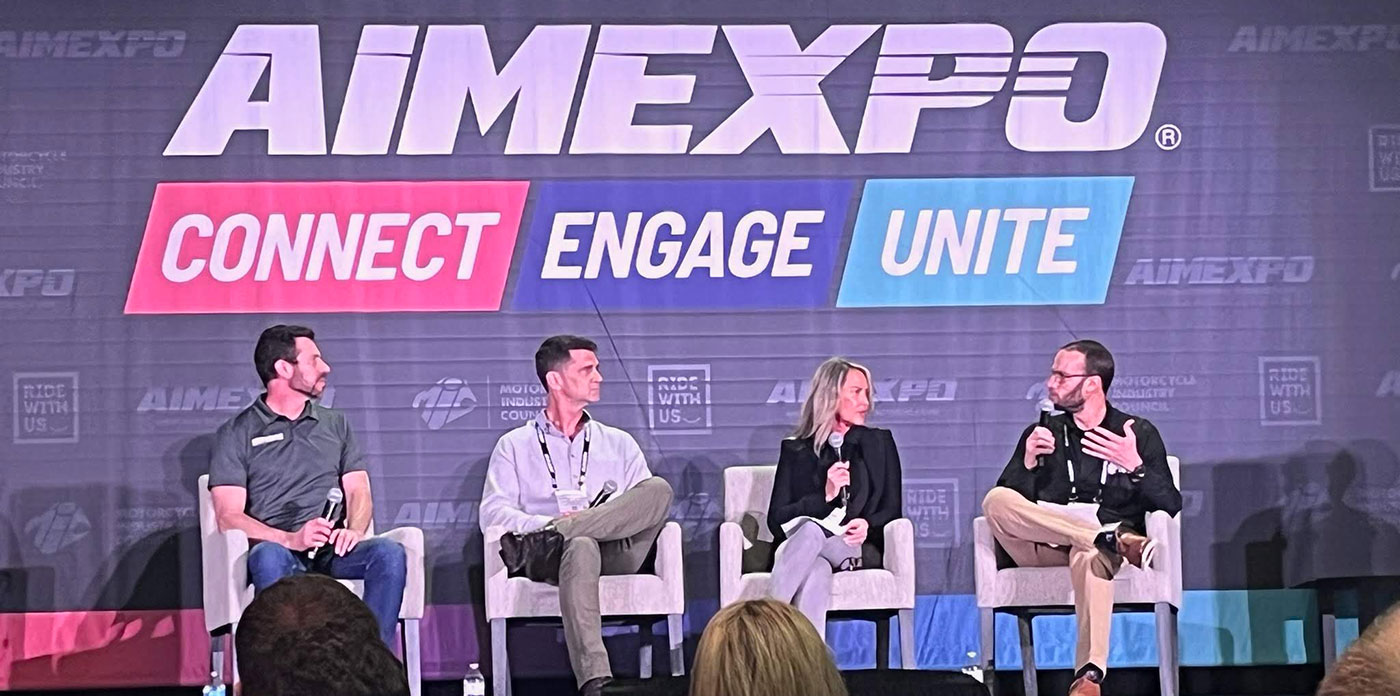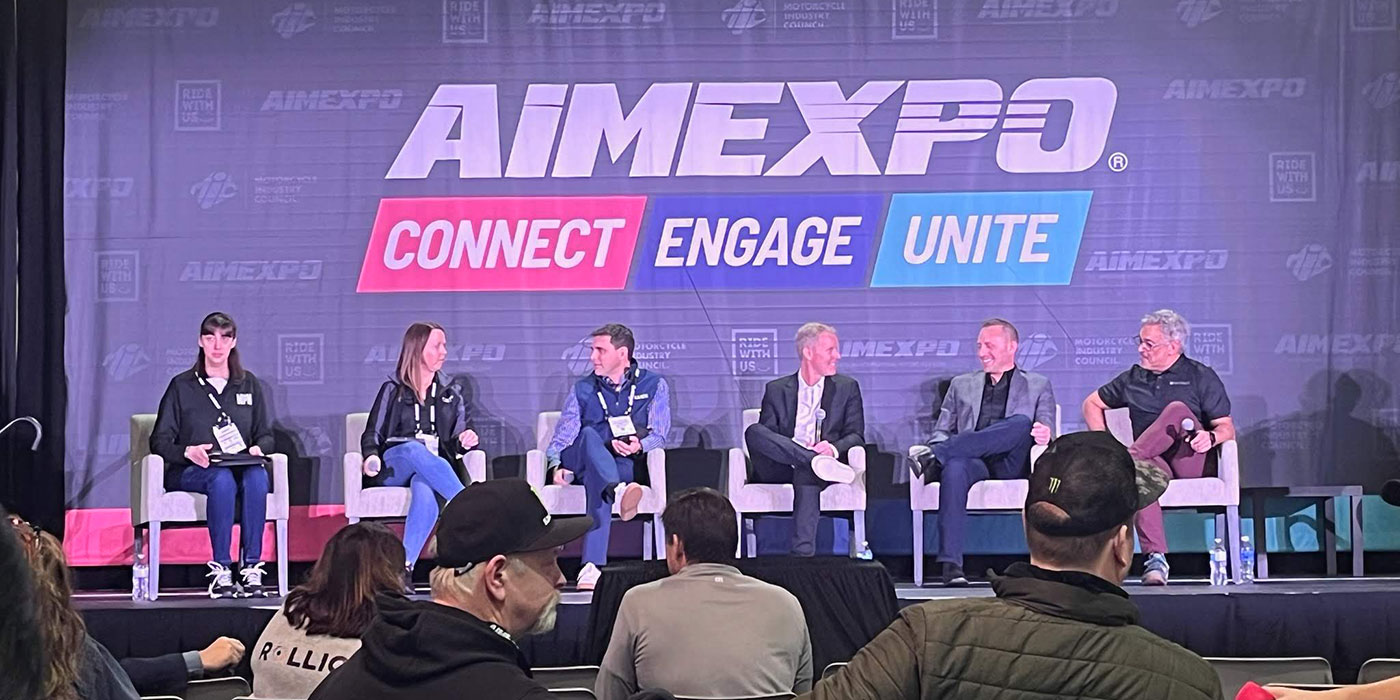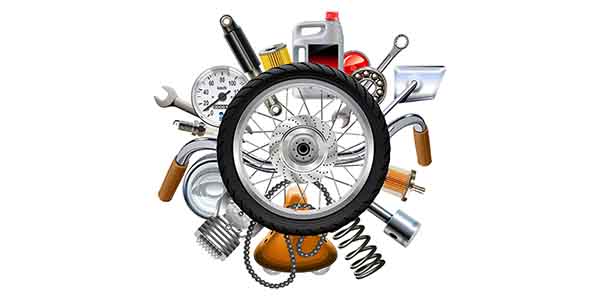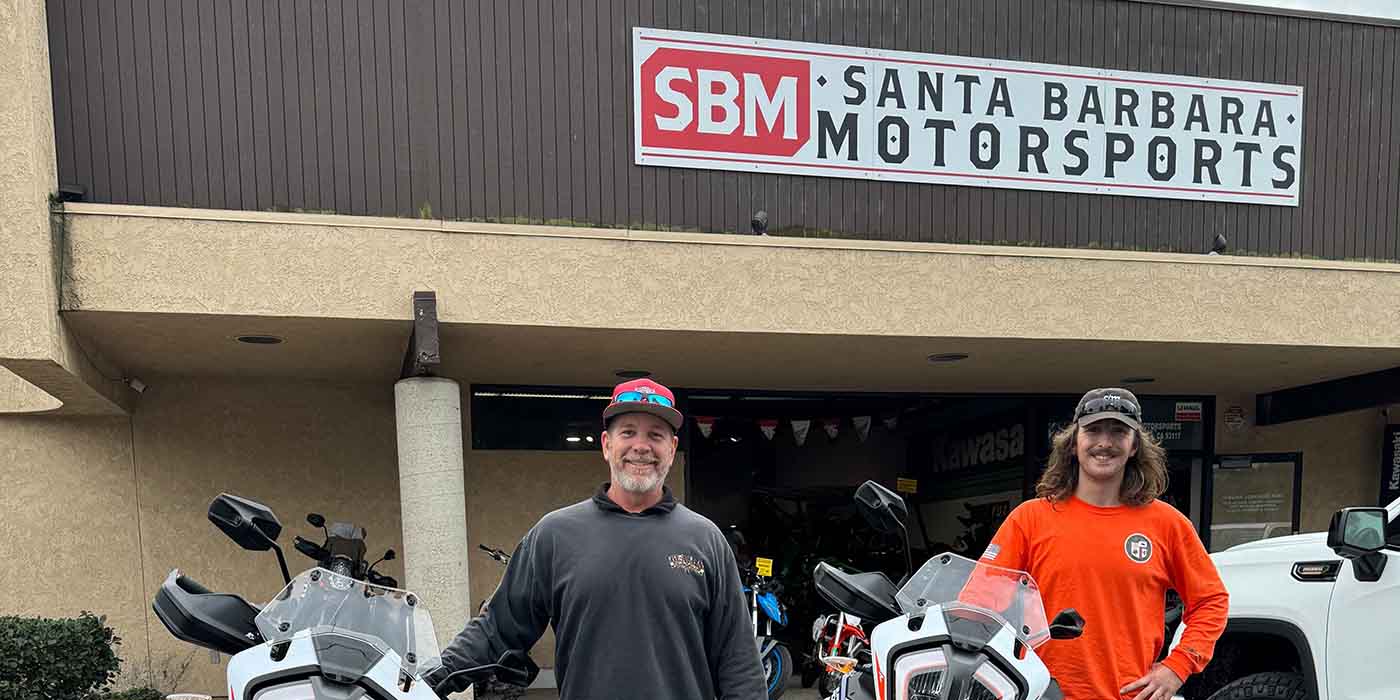When I get called in to help a dealership service department, one of the biggest concerns is always its reputation. Many times I find that the reputation is somewhat marginal. That being said, once I dig into it a little more and find out why customers are upset, it generally boils down to miscommunication between these employees and the customers. Service is a tough department because service writers and mechanics just want to help the customer, fix the bike and make the customer happy. Well, some customers will never be happy!
About 10 years ago, I had a superbike engine built by a respected shop in the Charlotte area. The shop strongly suggested I install a billet clutch basket because of the increase in power. This little addition cost approximately $600. It was fairly pricey, but I figured it was good insurance — after all, they were the experts. I took their advice and had no problems.
I took the bike to the drag strip, and the team pitted next to me made a pass and destroyed their engine. They were livid at their engine builder because they had only made four passes before the engine failure. I asked who built the engine and sure enough, it was the same shop that built my superbike. I asked what mods were done, and it was the identical recipe as mine. The difference? They didn’t install the billet clutch basket.
Ten years later, I’m standing in a service department and a mechanic brings me a carb. Someone actually cut and filed a small screwdriver shaft, bent the shaft so it would fit into the carb bowl and then drilled out the float bowl holder because they were too cheap to purchase a carb rebuild kit. After looking over the unit, we started to notice that there were many little intricacies about the maintenance of the unit.
I know that there are hundreds of stories about units like this, and sometimes it’s fun for mechanics to sit around and talk shop about what they see. Because, by and large, mechanics and service writers just want to help the folks that are stuck with less than logical abilities to fix their own units. The real question is: can you help these customers and make them happy?
Sometimes the answer is that you will never make the customer happy. I firmly believe you have two choices in situations like this. Fix the unit right with good parts and a good repair, or refuse to fix the unit. Yup, I said it. I am suggesting you have a clear and concise conversation with your customer about how their unit is going to get fixed or not get fixed by your facility.
Now, diplomacy and word tracts can be very critical when talking with a minimalist (cheap) customer. If it is a running or moving issue, lean on safety first. Say, “We have to fix it this way for safety reasons. We must do a good, solid repair so that we know you are safe on the unit.” This type of word tract hints at insurance liability without actually addressing the issue directly and putting future thoughts into their head.
They will probably complain about the price and ask you for a cheaper alternative. Here is where the selling begins. It is the service writer’s job to sell the repair at a fair price for the customer and the dealership. Many people teach feature and benefits selling in parts and unit sales. Well, I think service can do feature and benefit selling, too.
What I mean by feature and benefit service selling is quite easy. If there are aftermarket upgrade parts that can be included in the repair, sell the features and benefits of the better parts. If an incomplete repair might cause future damage or accelerate wear on another part, then explain that to the customer. Explain to the customer how the benefits of doing a complete repair now will save them money in the long run.
If you have been reading my articles, you might recall my check-in procedure and how I think it is a good idea to ask open-ended questions and find out how a customer is using the unit. The reason why I push getting that information is that I use it to close the sale.
I set up a close at the time of check-in. If you know the customer is a hunter, and he is going to take his ATV into the backwoods for that big buck, use that to sell him a complete repair. “Mr. Smith, I agree there might be a cheaper way to do this, but if you are out in the woods, and you just downed that monster buck, do you really want to struggle with your unit, hoping it will drag that deer out?”
I have also used the guilty close. If I know that a customer rides with a group, I say, “Do you want to be the person everyone has to wait on?” There are hundreds of little word tracts like these that you can use to close the sale.
If none of the close techniques work and the customer will not pay you to fix the unit right, I think you should decline the work. Yup, I said it again. Send the work away. Sometimes it’s better to decline work than get your department into a customer that will complain that the slap stick comedy repair did not work.
These types of customers will tarnish your reputation and bring the unit back to you expecting you to fix it a second time for free because it didn’t work the first time. It’s just like unit sales. There are times where customers try to buy a bike too cheap, and the sales manager says no. Why should service be any different? Tell the customer, “I’m sorry, but ultimately we do not feel comfortable doing a repair like this.” Charge them a diagnostic fee, wish them well and ask them for a shot at fixing anything else they might have.
C.R. Gittere and the Service Manager Pro team specialize in service department efficiency, elevating customer service and increasing department profitability. His monthly column focuses on best practices and unique ways to get the most out of your service department. More information about Service Manager Pro can be found at www.servicemanagerpro.com.













